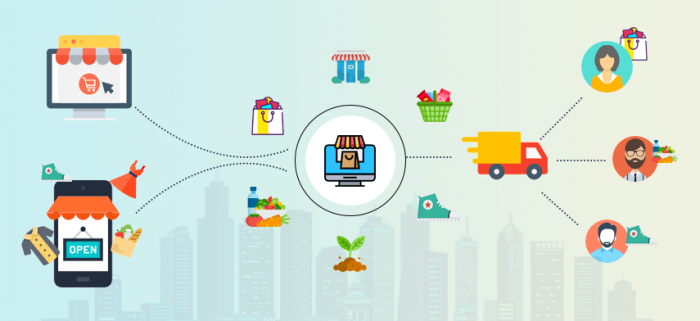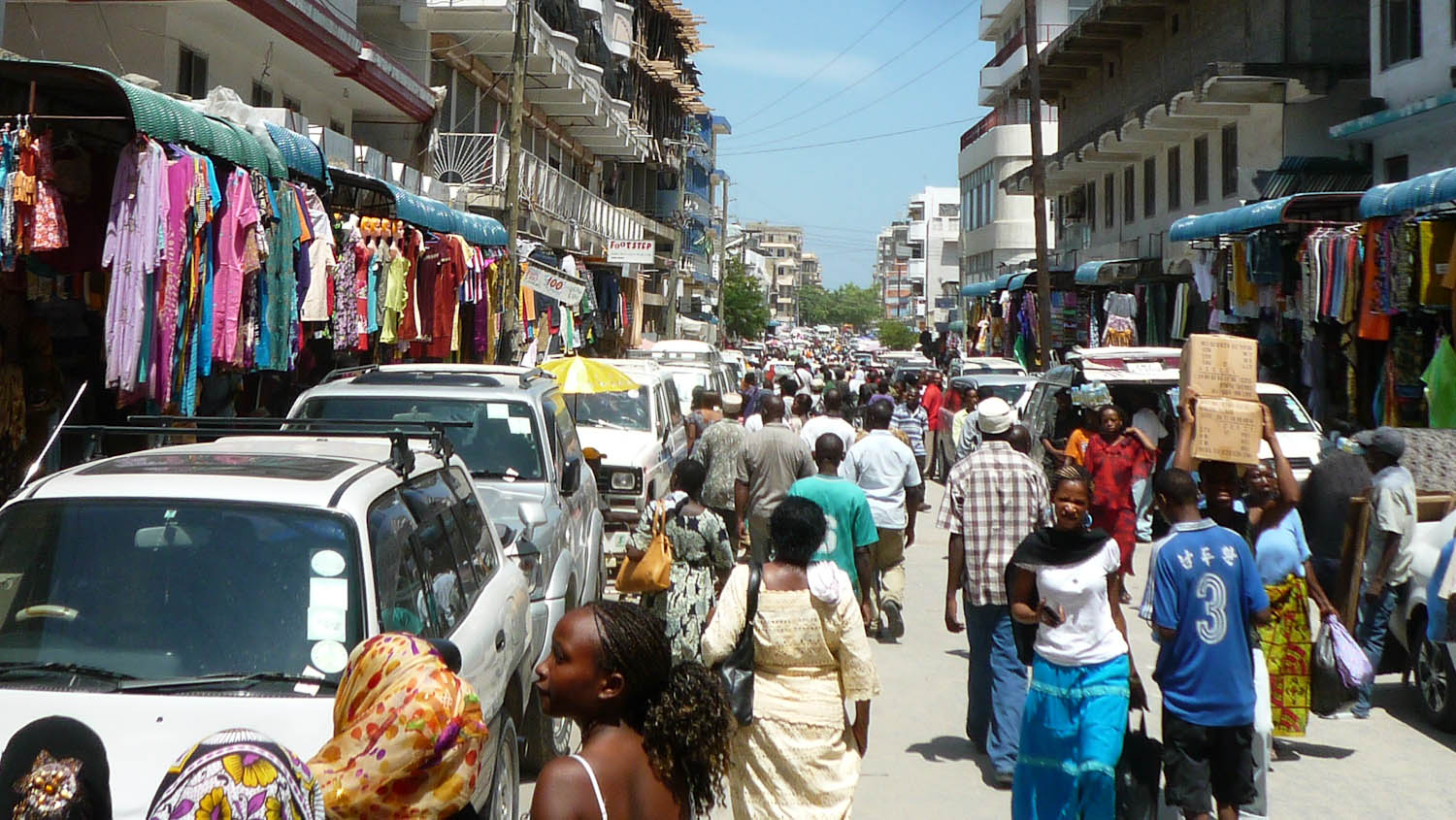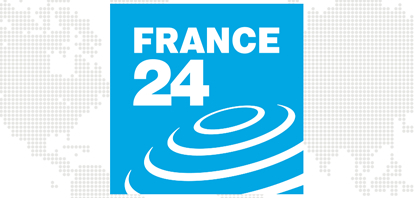
source: mobisoftinfotech.com
In my “why conventional e-commerce hasn’t scaled in Africa” article, I talked about how logistics and infrastructure were missing pieces in the puzzle to enable e-commerce scale across Africa. In this write-up, let’s have a look at a new concept-:Hyperlocal E-commerce – and how it could be the key to unlocking scalable digital commerce in Africa. But first things first. Let us define the concept.
What is Hyperlocal E-commerce ?
As defined on feedough.com,
A hyperlocal business model, also known as a micro-marketplace, is a business that focuses on the needs of geographically local consumers. It aims to fill in the gap between demand and supply with an efficient network of suppliers/vendors who fulfill consumer demands by selling them what they need at their doorstep.
Technically, a hyperlocal business model is an online business model that caters to customers’ on-demand needs, which are met through a local ecosystem.
In other words, the customer uses a platform or service aggregator that acquires the requested product locally and delivers it to the customer’s doorstep in the respective geographical location. Grocery shopping, food delivery, health care, and many other services have taken a different dimension altogether with the ushering of hyperlocal e-commerce platforms.
Now that the definition is out of the way, let’s look at four things that make me believe this model will crack e-commerce in Africa:
1) localized shopping: ordering a product in Calabar from a warehouse in Lagos involves a lot of logistics and hurdles to get but then if I order a product in Calabar from a warehouse in Calabar, there are far less logistical hurdles. That said, it will be clearly easier, cheaper, more convenient and faster if consumers in Calabar can be made to find products and buy from shops in Calabar and boom, almost 80% of the issues e-commerce is facing in Africa are eliminated.
2) localized delivery same day, same hour, etc: it is difficult for someone in Lagos to know where iHub is found in Nairobi but it’s very easy for someone in Nairobi living in the Kileleshwa neighborhood to easily locate iHub with their eyes closed. Now if the shop/warehouse is already very close to the buyer and the delivery guy is also close to both the shop and buyer, I believe 30mins delivery can be unlocked even in Africa.
3) Geo data: with hyperlocal e-commerce, geo data (lat/long) are heavily used to locate buyers and the warehouses/shops closest to the buyers. The same geo data could be used to solve the lack of home addresses and all of a sudden, e-commerce delivery, which has been considered a nightmare in Africa, is made easy in terms of pricing, tracking, refunds, and overall operations
4) Building Trust: In Africa, people fear buying online but with hyperlocal commerce, trust can easily be built by allowing buyers to do purchases by finding the product online, making their order online, and then visiting the shop to pay and pick up. With Hyperlocal, this is easy to achieve as the buyer will be presented with products from shops close to them a la Instacart. Once the buyers use the system for a while, they will then develop a habit of just ordering online from these shops around them and paying for delivery.
Electronic commerce has a lot of benefits to bring to Africa and I believe Hyperlocal E-commerce done with some African realities in mind can be the solution. Also, the Buyam app is heavily centered around the Hyperlocal model and the initial results have been very positive. Try it out for yourself by installing the app here www.buyam.co.
I will keep exploring these ideas as I am sure digital commerce holds lots of potential for Africans and African businesses.







